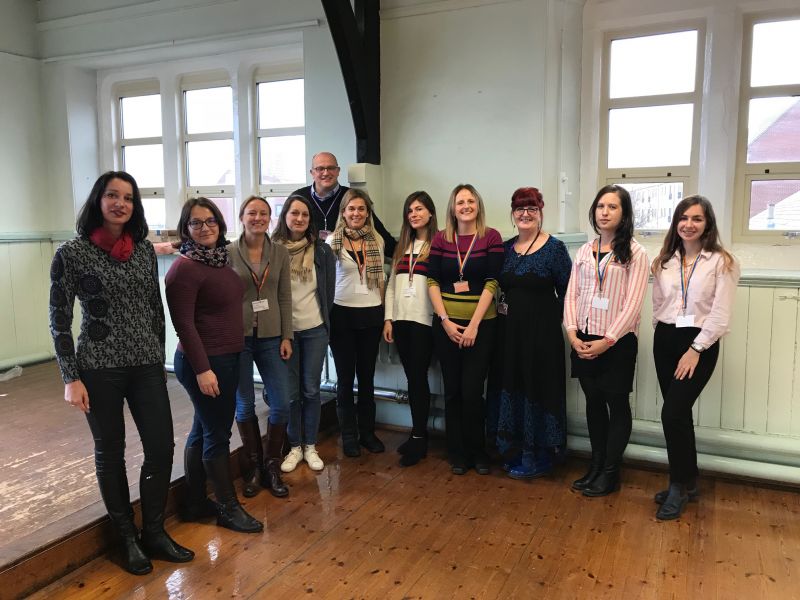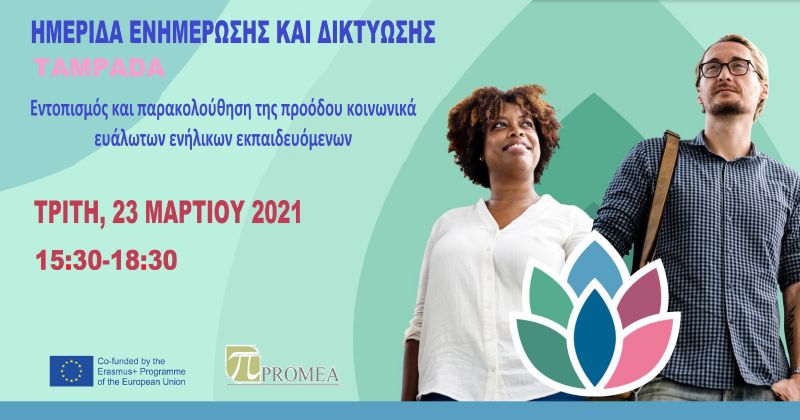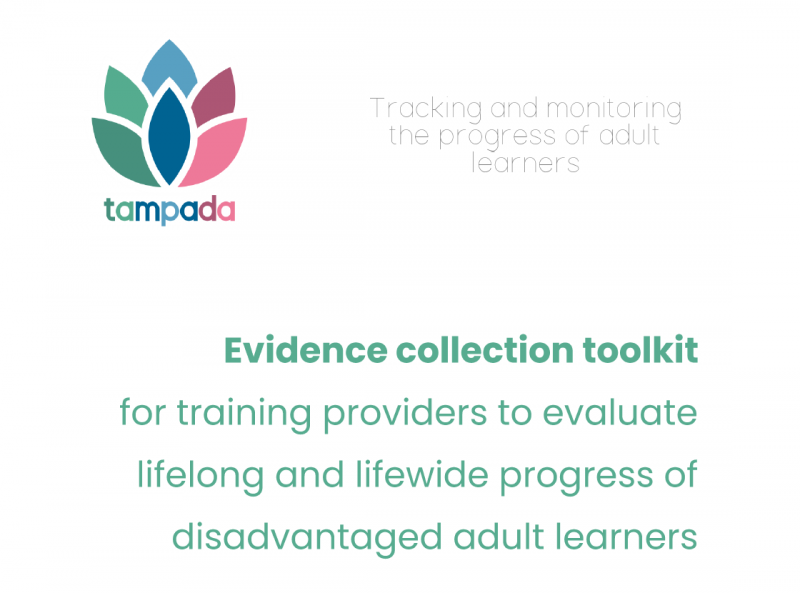
Tampada's second publication is finally accessible in all its translated versions (EN, GR, SE, SI, and FR). It is a outreach Framework and guidelines on how to track individuals belonging to socially disadvantaged groups.
Learners participating in adult education can belong to disadvantaged groups whose lifewide progress and lifelong progress pathways are hard-to-track. Therefore, the Tampada partnership has developed material for an outreach Framework and guidelines on how to track individuals belonging to socially disadvantaged groups.
The materials for data collection and impact-assessment purposes can be very relevant for Adult Education Providers (AEPs) working with disadvantaged adults. This guidance offers to AEPs a methodology for setting up community cooperation to provide long term track of disadvantaged adult learners.
The Tampada Framework is a tool that offers support to AEPs responsible for the support of disadvantaged adult learners. This document defines a structure of interinstitutional cooperation in terms of data collection and tracking of disadvantaged adults.
Discover and download it here (EN)
Translated versions:


